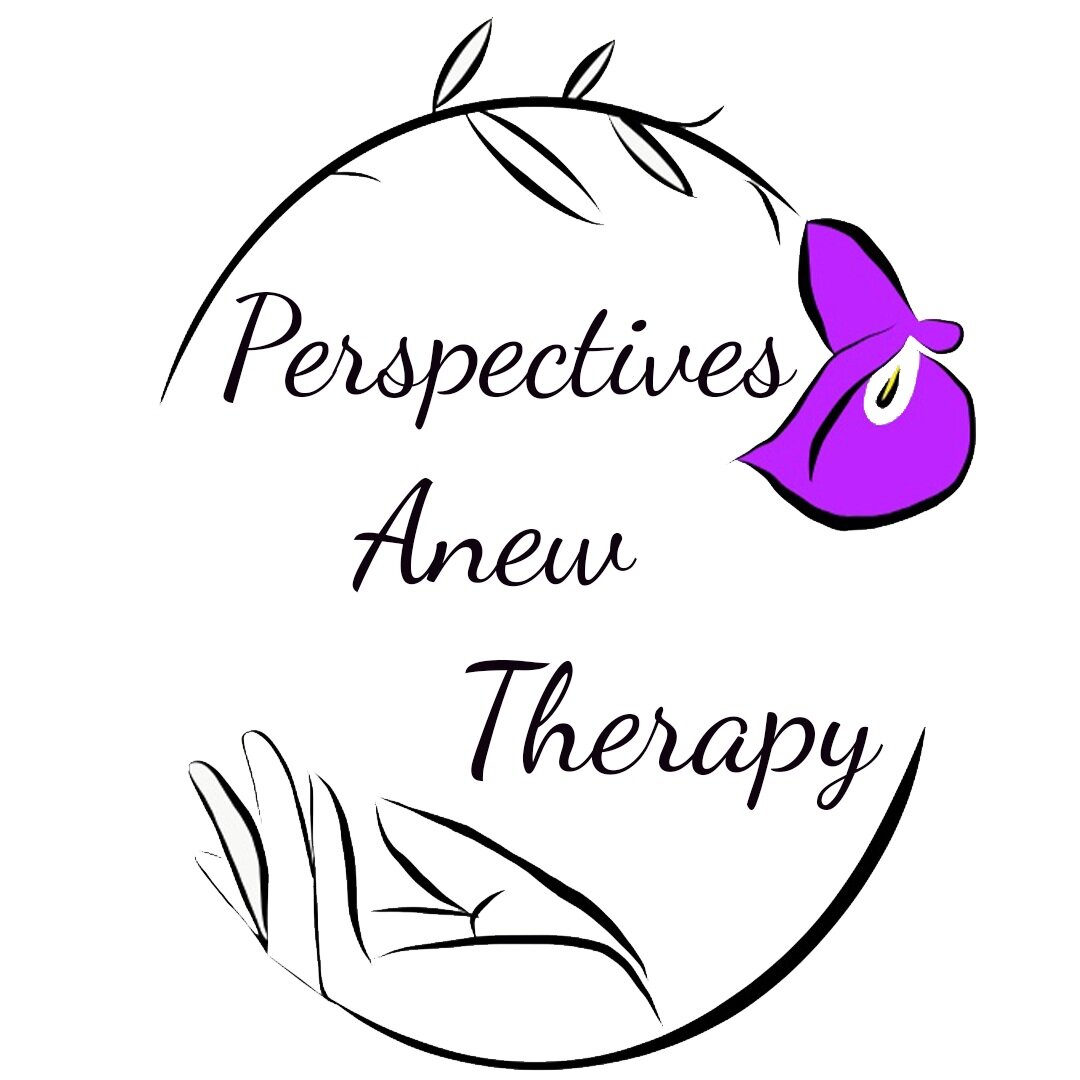The Brain-Gut Connection
Because the gastrointestinal tract is sensitive to emotions, when we experience things such as anxiety and sadness our gut can begin to trigger symptoms. Our brain has a direct effect on our stomach and intestines and vice versa, so when our gastrointestinal tract is in distress it can either be the cause or result in the production of anxiety, stress, or depression. Sensations of nausea prior to or during public speaking, having butterflies in your stomach, and having a feeling to go with your gut are examples of the brain-gut connection. Stress or other psychological factors affect movements and contractions of the GI tract.
Stress makes existing pain seem worse, and this is seen in people diagnosed with a GI disorder because they typically perceive pain more intensely than others due to their brain becoming more sensitive to pain signals coming from the GI tract. Studies have found that psychologically based approaches can lead to an improvement in digestive symptoms when compared to only receiving medical treatment. The reason psychological interventions help aid in the treatment of GI disorders is because the brain sends signals to the GI tract via the sympathetic (fight or flight) nervous system and the parasympathetic (rest and digest) nervous system. Ideally, we want there to be a balance of signals between the two because they affect the speed at which food moves through the digestive system. This balance impacts how the GI tract absorbs nutrients, the secretion of digestive juices, and the level of inflammation within the digestive system.
Within the digestive symptom is another nervous system, the enteric nervous system (ENS) which consists of 100 million nerve cells in and outside of the GI tract. The ENS receives messages from the sympathetic and parasympathetic nervous system, although it has the ability to function independently. Additionally, the ENS is connected to immune cells where information about bloating, infection, or insufficient blood flow are sent back to the brain. Due to the strong connection between the brain and gut, research has found that mind-body tools help improve GI symptoms, improve mood, and decrease anxiety. Mind-body tools that promote a healthy brain-gut connection include meditation, mindfulness, breathing exercises, yoga, and gut-directed hypnotherapy. These tools are so effective because they decrease stress within the body which calms the sympathetic nervous system, enhance the parasympathetic nervous system, and decrease inflammation.
Source: Harvard Health Publishing: Harvard Medical School
